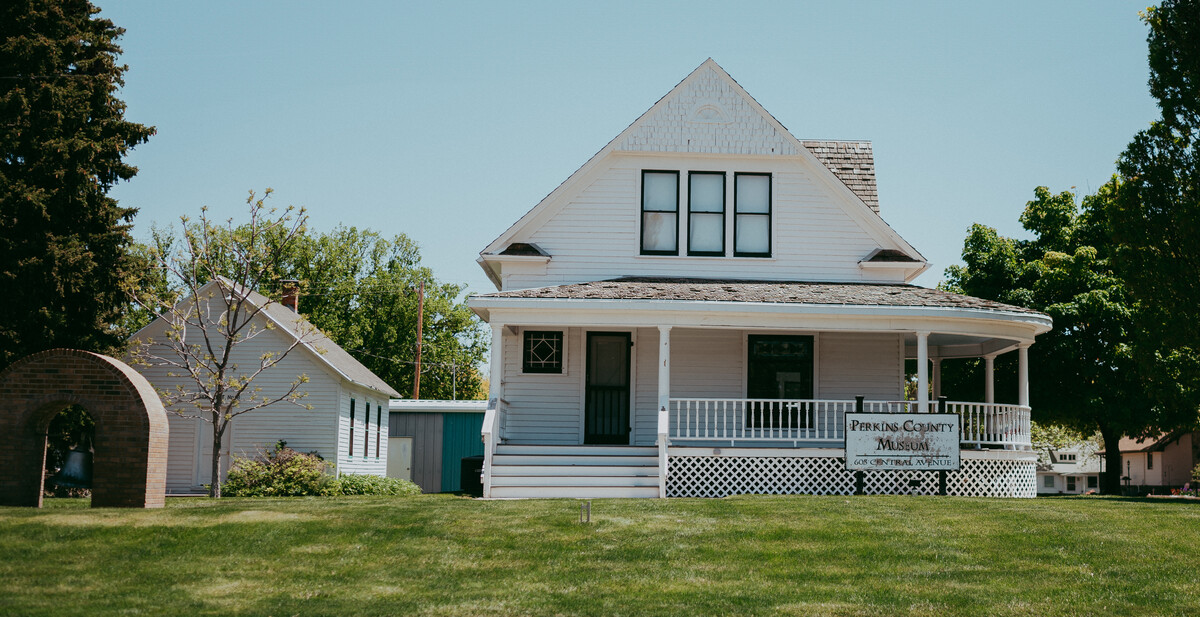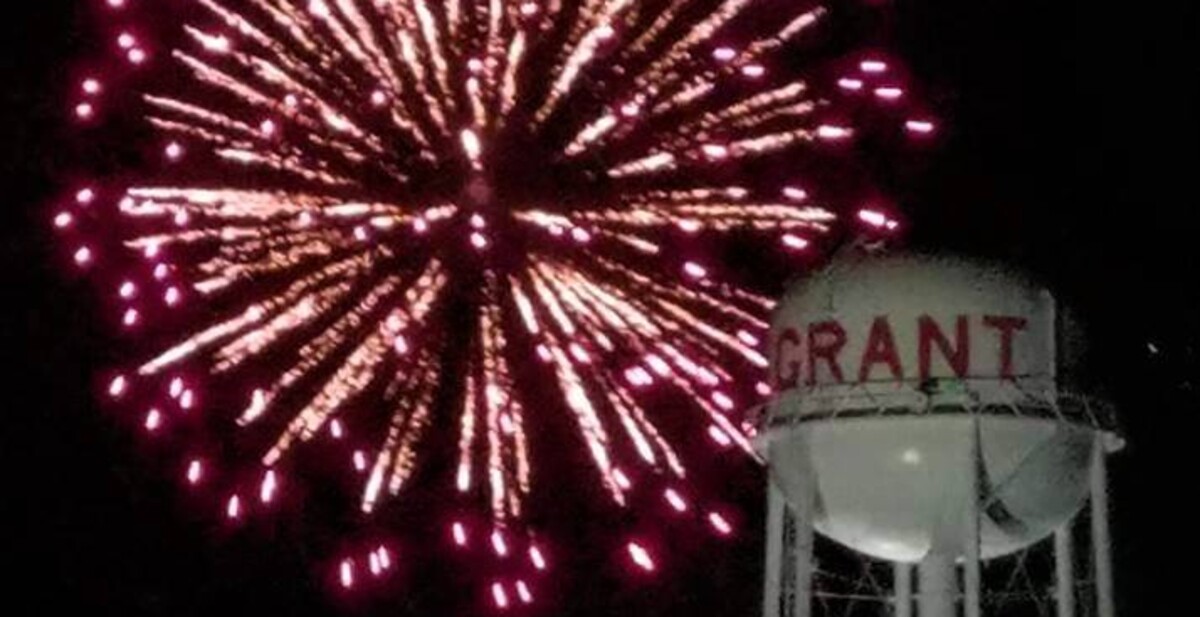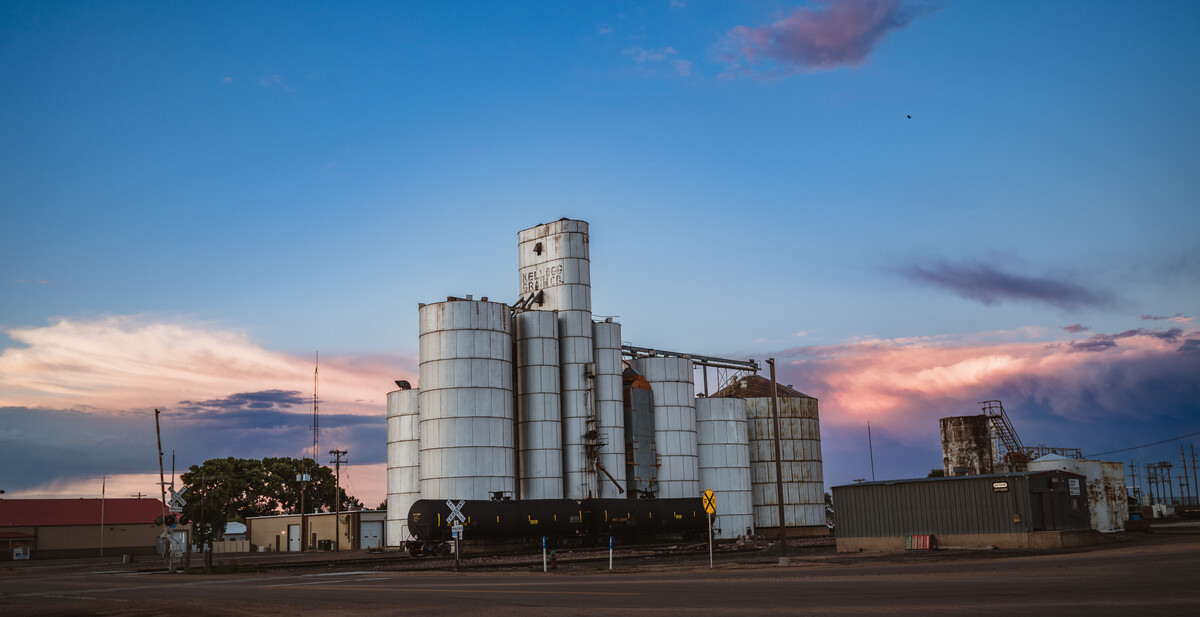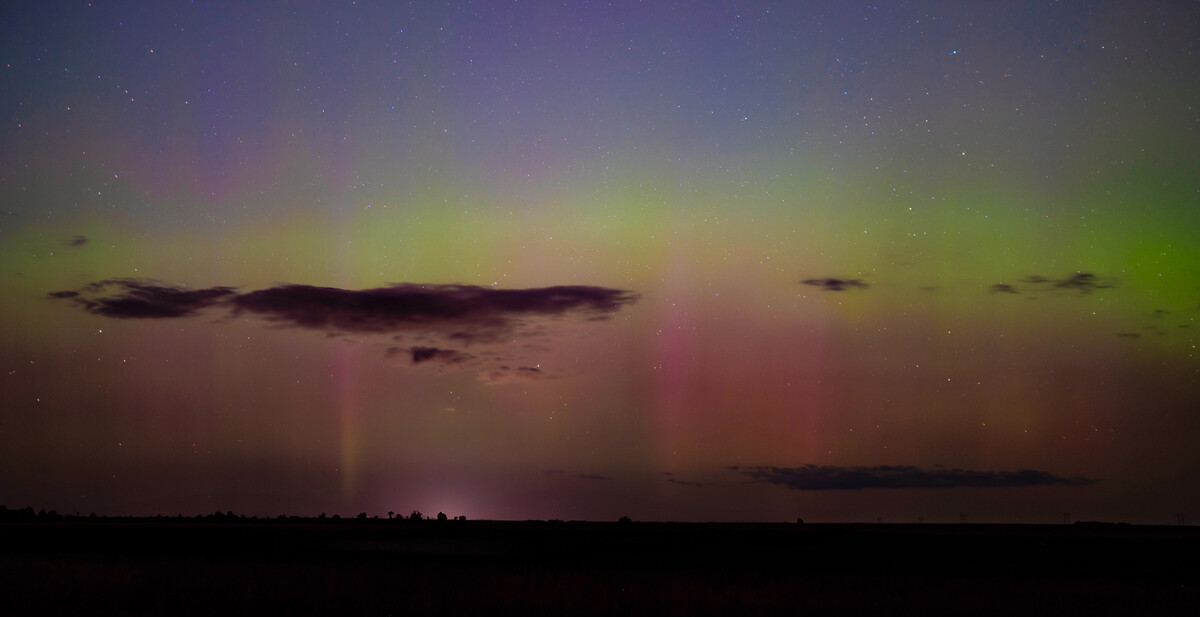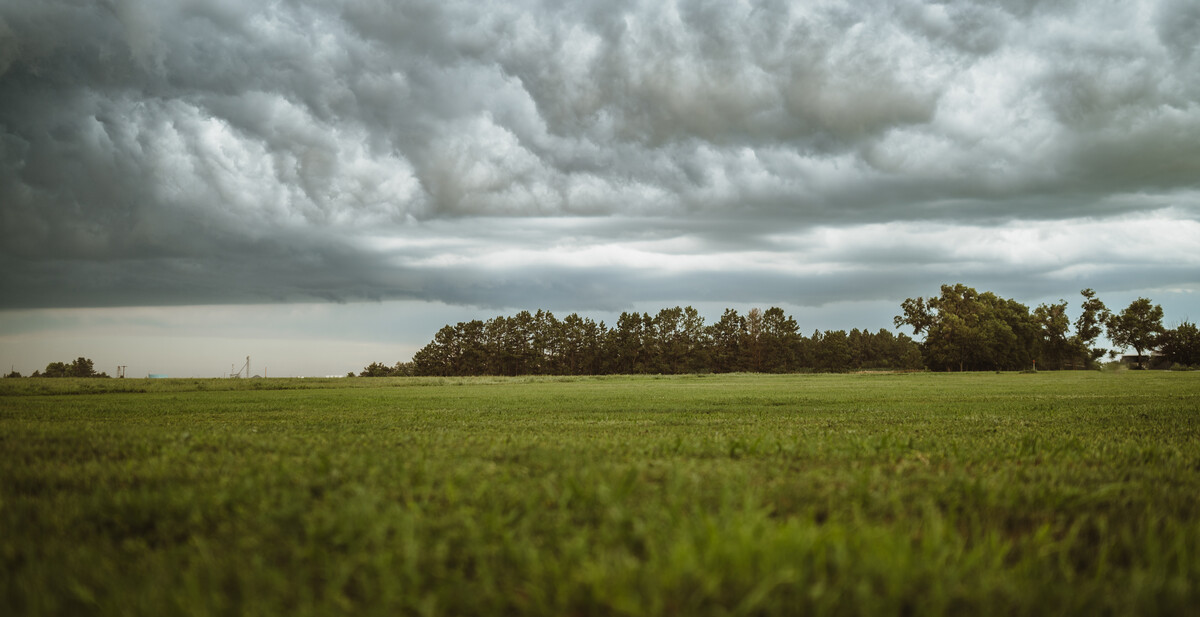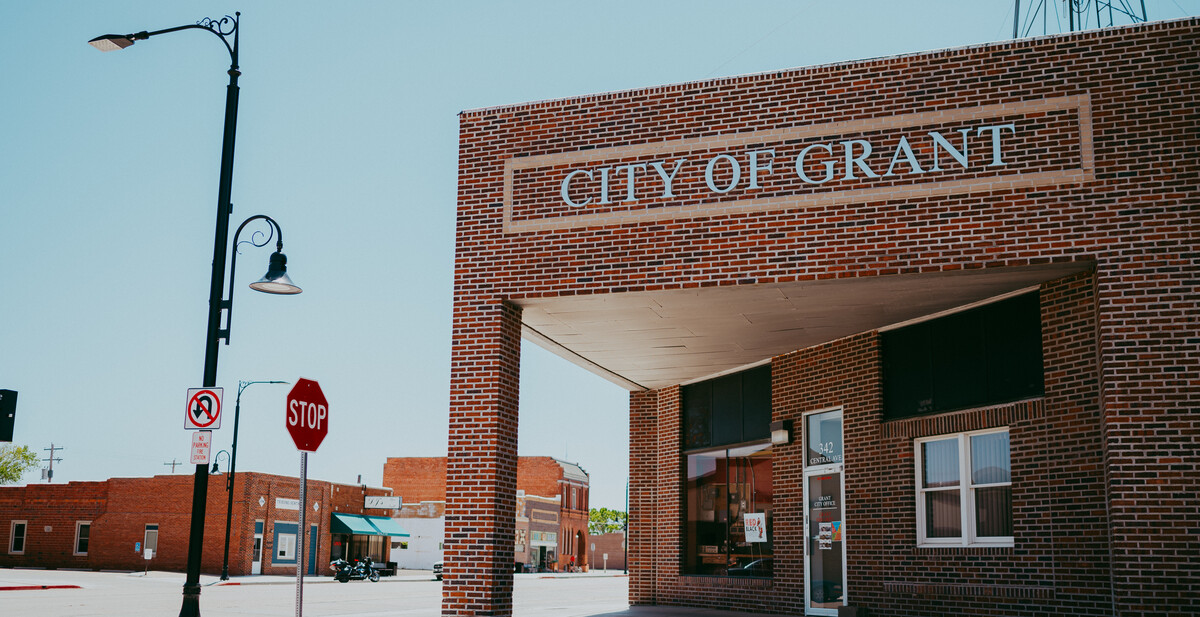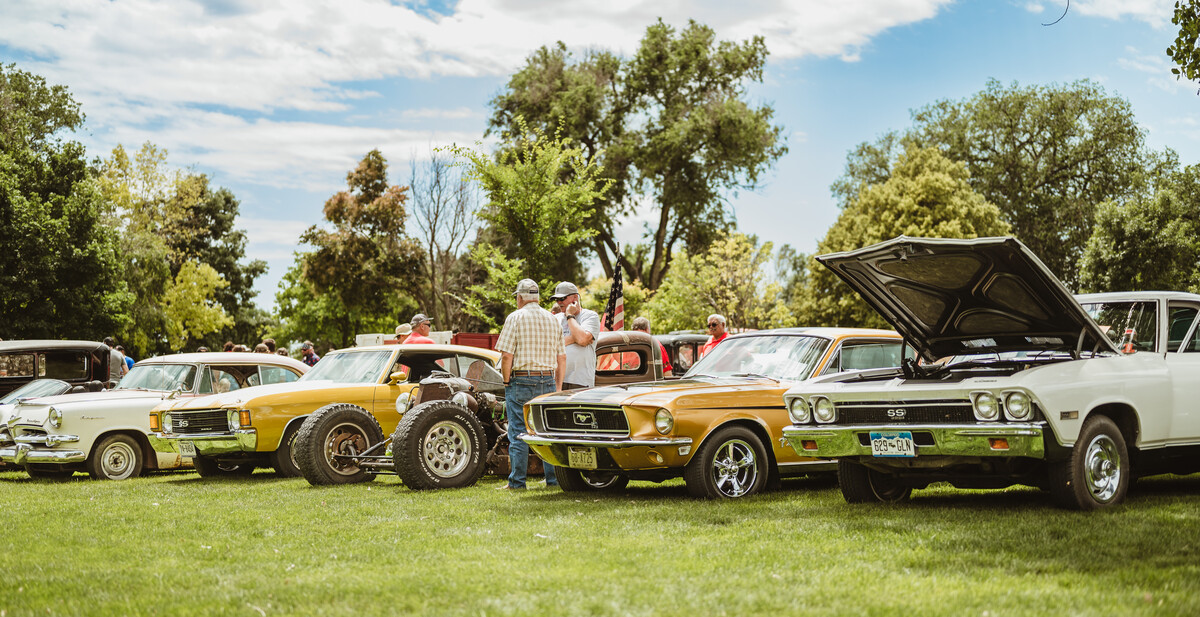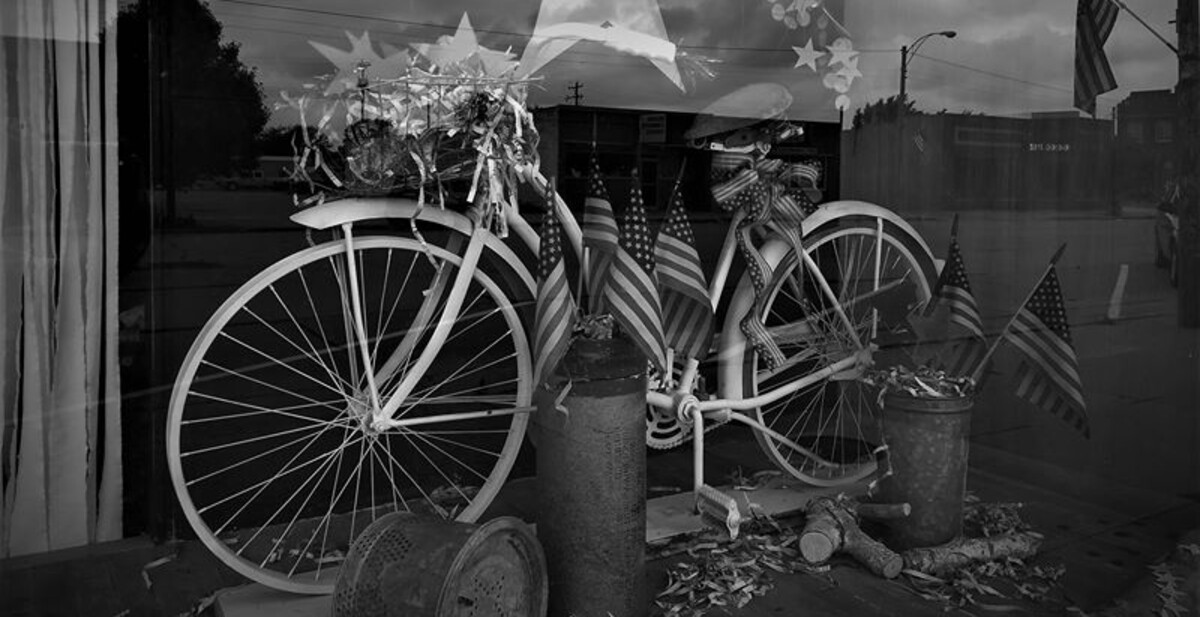Article 3 - Fire Prevention
Article 3 – Fire Prevention
SECTION 8-301: FIRE CODE; ADOPTED BY REFERENCE
SECTION 8-302: FIRES ALLOWED
SECTION 8-303: OUTDOOR FIRE PITS AND FIREPLACES
SECTION 8-301: FIRE CODE; ADOPTED BY REFERENCE
All of the provisions of the latest edition of the Fire Code of the state fire marshal, Title 153, are hereby adopted by reference as part of this chapter and may be viewed at https://sfm.nebraska.gov/regulations. In the event that any of the provisions of said code are in conflict with any of the provisions of the municipal code, the provisions of the municipal code shall prevail. (Neb. Rev. Stat. §§18-132, 19-902, 19-922, 81-502) (Ord. 239, 7/27/72)
SECTION 8-302: FIRES ALLOWED
A fire may be set in performance of any official duty of any public officer if the fire is necessary for one or more of the following reasons or purposes:
A. Prevention of a fire hazard which cannot be abated by any other means.
B. Instruction of public firefighters or industrial employees under supervision of the Fire Department.
C. Protection of the public health and welfare. (Neb. Rev. Stat. §81-520.01)
SECTION 8-303: OUTDOOR FIRE PITS AND FIREPLACES
“Outdoor fireplaces” shall include fire pits, portable fire pits, and chimineas. These residential outdoor fireplaces use wood as a fuel and are used for containing recreational fires located at a private residence for the purpose of outdoor cooking and personal enjoyment. Outdoor fireplaces do not include barbeque grills that use propane or charcoal as a fuel and are used primarily for outdoor cooking.
“Portable fire pits” are defined as being commercially designed and intended to confine and control outdoor wood fires.
“Chimineas” are defined as outdoor patio fireplaces, usually made from clay, intended to confine and control outdoor wood fires.
“Fire pits” are usually constructed of steel, concrete and/or stone, and constructed above ground with a heavy steel screen cover.
All outdoor fireplaces shall meet the following requirements:
A. Clearances. A minimum 10-foot clearance shall be maintained between the outdoor fireplace and combustible structure or materials such as walls, roofs, fences, decks, wood piles, and other combustible material.
B. Construction. Outdoor fireplaces shall be constructed of concrete or approved non-combustible materials. Not permitted are barrels, half-barrels, drums, or similarly constructed devices.
C. Size. The fuel area for a fire pit shall not be larger than 3 feet in diameter and not more than 3 feet in height.
D. Location. An outdoor fireplace shall be placed on a stable non-combustible surface such as a concrete pad and only at grade level and shall not be located on a combustible balcony or deck nor under any combustible balcony or any overhanging portion of a structure.
E. Type of Materials Being Burnt. Materials allowed by this section shall be limited to untreated wood or approved fireplace starter logs. Petroleum products, rubbish, grass, leaves, cardboard, plastics, rubber, or any material that may flow out of the containment or cause excessive heat, smoke, or offensive smell shall not be permitted.
F. Amount of Materials Being Burnt. Users must (1) limit the amount of material being burnt to ensure the flames are confined inside the fuel area of the outdoor fireplace and the flames do not extend above the pit or into the chimney and (2) follow the manufacturer’s recommendation on the maximum amount of fuel to be used at one time with the spark guard in place.
G. Supervision. Every outdoor fireplace shall be under constant supervision by at least one responsible person age 18 or older from the ignition of the fire until the fire is completely extinguished and embers are cooled so as to prohibit the fire from rekindling.
H. Provisions for Protection. A garden hose connected to a water supply or other approved fire extinguishing equipment shall be readily available for use.
I. Weather Conditions. Outdoor fireplaces shall not be operated when weather conditions are extremely dry.
J. Hazard. Outdoor fireplaces shall be completely extinguished and/or not be operated when breezes or winds are blowing which will cause smoke, embers, or other burning materials to be carried toward any building or other combustible materials. The fire chief or an authorized representative shall have the authority to require that use of the outdoor fireplace be immediately discontinued if such use is determined to constitute a hazardous condition to occupants of surrounding property.
K. Nuisance to Neighbors. Smoke from any outdoor fireplace shall not create a nuisance for neighboring property owners. The fire shall be extinguished immediately upon the complaint of any neighboring property owner of any smoke nuisance.
L. Maintenance. The owner is responsible to ensure proper maintenance and care is accomplished in accordance with manufacturer’s instructions. At a minimum, the outdoor fireplace will be checked regularly for the appearance of cracks and other physical deterioration or loose parts. (Neb. Rev. Stat. §§17-549, 17-556, 81-520.01)
